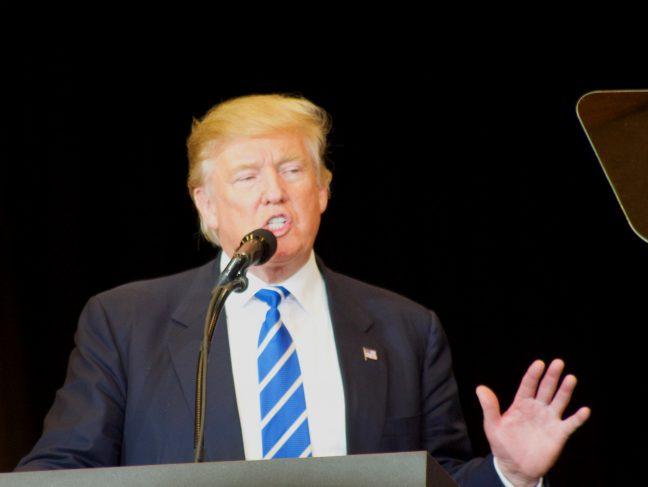Twitter is designed to feel good. Tweets are quick and easily digestible, video clips are concise but entertaining, pictures pop and notifications pour in. The entire design of Twitter is intended to sustain a user’s attention — not through lengthy content, but a steady stream of identically-sized blurbs.
The intention behind such a format is to create a consistent reset — instead of becoming too invested in one topic, it’s easy to bounce around through many, each of which only provides surface-level information.
Especially among college-age users, Twitter is a lifeline to the outside world. Without it, I’m ashamed to admit that a large percentage of my age demographic may not dedicate themselves to consuming news elsewhere. Twitter is convenient, but it takes an active rejection of its format to avoid the problems its convenience enables.
Its design is particularly dangerous when it comes to news consumption. As a general consensus, consuming news solely from social media leaves much unsaid and often does not paint a complete picture. As such, perhaps we shouldn’t be relying on social media at all to be our ally in news consumption. When you read a tweet from your friend Brian about how insane his weekend was, often that’s where the story ends. Does the same principle not apply to news headlines and analysis?
Is it not reasonable to suggest that swiping through a headline or brief opinion from a verified user results in the same level of contemplation? Perhaps you’ll bring up how you read somewhere that Gov. Scott Walker is introducing legislation that requires those in need of food stamps to be drug-tested. Your emotional reaction may be strong, but generally brief. The brevity of emotion here suggests the long-term impact of tweets is minimal.
As such, why are we as a nation so infatuated with President Donald Trump’s Twitter account? There’s nothing new in expressing outrage over his social media activity. His words are insane. We know that. His judgment is poor. We know that. His timing is terrible. We know that. His words hurt extensive populations. We know that. His comments weaken alliances between nations. We know that. There is no substance to his words. We know that.
The only logical reason to hyper-analyze his Twitter activity is for entertainment value.
While his ferociously persistent tweeting is further evidence of his unfitness for office, tweeting absurdities is no basis for impeachment. Furthermore, like any social media user, Trump is still just a person. That means as his tweets garner massive amounts of attention, he’s either bound to grow his billowing ego, or egregiously defend his words with no reverence for logic. Both of these outcomes are negative, but more importantly, they’re unproductive.
I’d love to see Trump held accountable for his behavior, and I’m far from alone. But with history as his ally, Twitter is a safe environment for him to literally rant about how stable of a genius he really is. The fact of the matter is, that tweet is no different from your friend Brian’s — you’ll react for a moment, but move on. You may have an intense emotional reaction to the content, you may even have a discussion about it with your peers the next day, but his behavior at this point is incredibly predictable, and saying “did you see what Trump tweeted” adds nothing to the genuine cause of holding the president accountable.
In reality, everything fades, and while Trump’s incessant commentary can be hurtful and his actions deserve consequences, giving him attention online only bolsters the campaign he’s used since the election: Be loud enough, and people will listen.
Lucas Johnson ([email protected]) is a sophomore majoring in journalism.














